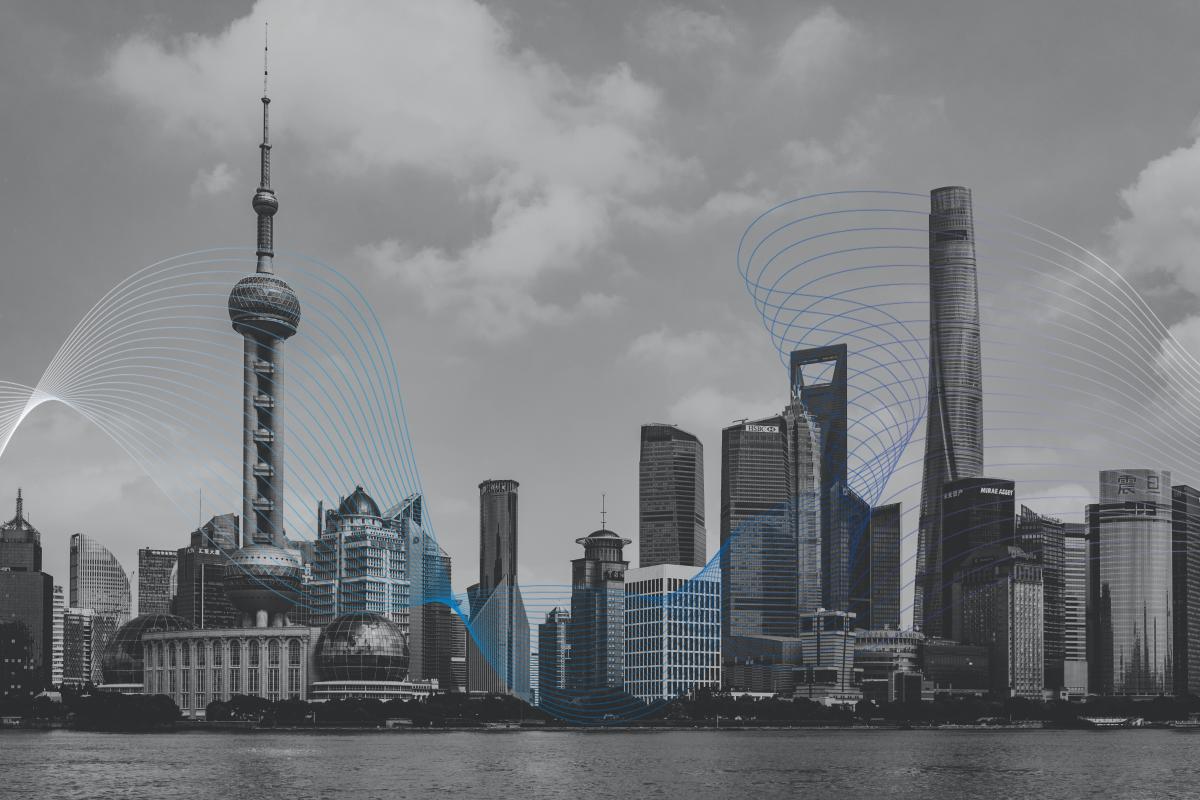In a world that continues to be in a state of distrust, the past year saw a deep polarization in people’s trust in institutions. For the first time, the 2018 Edelman Trust Barometer revealed a marked movement in opposite directions across an equal number of markets. At one end of the spectrum, in the U.S., trust in institutions dropped a combined 37 points, the steepest decline of any country. At the opposite end, in the United Arab Emirates, trust towards institutions rose a combined 24 points, second only to China.
Impact of government actions
The UAE ranks as the world’s second most trusting country in government, after China. This is evidenced by an 11-point increase in credibility towards a government official or regulator among the informed public and a seven-point increase among the general public.
These results underscore the powerful impact of initiatives like the “Year of Giving,” the UAE’s national focus for 2017, in uniting the country behind a common purpose and elevating trust levels. The initiative brought together government entities, private sector players, NGOs and the community in an effort to ramp up the UAE’s corporate social responsibility efforts in serving the nation. There are numerous examples of its success. The country’s first Food Bank, for instance, collected 604 tons of surplus fresh and canned food from hotels, restaurants, farms and food factories to benefit 80,000 workers and 12,000 families.
In parallel, the nation’s leaders announced key long-term strategic decisions designed to ensure the UAE’s economic sustainability and the continued prosperity of its people. These included the appointment of a Minister of Artificial Intelligence and another for food security. The UAE also made significant strides in developing its education sector, from the launch of the National Strategy for Higher Education 2030 to the introduction of “moral education.” Undoubtedly, steps such as these have contributed to strengthening trust in the country and its leadership.
Media regains the UAE’s trust
After a sizable drop last year, the general population’s trust in media rose 12 points in 2018, with significant growth across traditional, online, social and owned media. Simultaneously, journalists’ credibility increased 17 points; the single highest positive increase associated with a spokesperson in the country.
These results point to the effectiveness of the UAE government’s numerous initiatives in combating fake news, such as raising awareness among youth and enforcing responsible and ethical reporting standards. The temporary barring of Arabian Business, the Dubai-based website and magazine, in 2017 was a prime example in this realm. So was the swift response to the unlawful replication of the state news agency’s website. If anything, this year’s Edelman Trust Barometer results suggest that the government’s efforts to protect the public from fake news are paying dividends.
CEOs and business have a bigger role to play in leading change
Globally, business leaders are in the spotlight this year; 84 percent expect CEOs to inform and shape ongoing conversations and policy and debates on one or more issues. What this tells us is that a perceived apathy on the part of business executives is no longer acceptable.
In the UAE, the credibility of a CEO as a spokesperson rose five points and two-thirds of the general population believes business leaders should take the lead on change rather than waiting for government to drive it. Technological innovation and talent development are key areas that the UAE government has spearheaded over the years. Here, CEOs have an opportunity to play a bigger role that extends beyond business. Ultimately, business leaders must be bolder and more ambitious in shaping the UAE’s future, hand in hand with the government and in line with its long-term vision.
Tod Donhauser is CEO, Edelman UAE.




